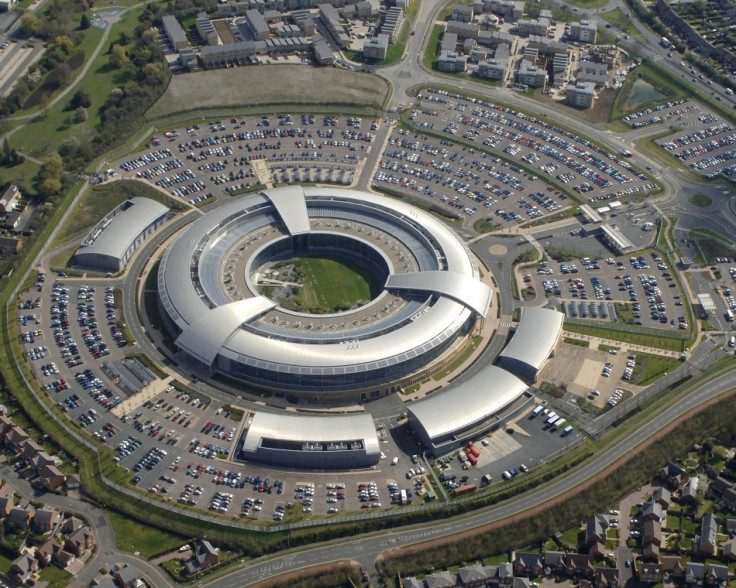UK Big Brother Law Lets GCHQ Monitors Emails, Text and Websites
New legislation in the UK is set to monitor your every digital move including emails, websites visited, calls and text messages.
Under proposed legislation which is to be announced soon, internet service providers (ISPs) will need to provide real time information to intelligence agency GCHQ which the Home Office said was key to tackling crime and terrorism.

The new law - which could be announced in the Queen's Speech in May - would not allow GCHQ to access the content of emails, calls or messages without a warrant.
However, GCHQ workers would be able to see who you are in contact with, for how long and how frequently, as well as seeing which websites you are visiting. Until now, to get this sort of access required permission from a magistrate.
Teh new legislation comes months ahead of the London Olympics beginning and many believe these new powers have been introduced becasue the government believe the Games will be a major target for terrorists.
In a statement, the Home Office said:"It is vital that police and security services are able to obtain communications data in certain circumstances to investigate serious crime and terrorism and to protect the public. We need to take action to maintain the continued availability of communications data as technology changes."
A spokesman went on to say: "Communications data includes time, duration and dialling numbers of a phone call, or an email address. It does not include the content of any phone call or email and it is not the intention of Government to make changes to the existing legal basis for the interception of communications."
Conservative backbencher and and former shadow home secretary David Davis, speaking to the BBC, said it would represent a "very big widening of powers" which would cause a "lot of resentment."
Reports of the new internet surveillance legislation from the Home Office have led to privacy campaigners to voice their concern, with some comparing these new measures as comparable to restrictions imposed by the Chinese government.
The previous Labour government attempted to introduce similar legislation to establish a database of all UK phone calls and emails but it was abandoned after strong opposition. This new legislation is expected to face similar opposition when it makes its way through Parliament.
Must Read:
Backlash at Government's Web and Email Monitoring Plan
© Copyright IBTimes 2024. All rights reserved.






